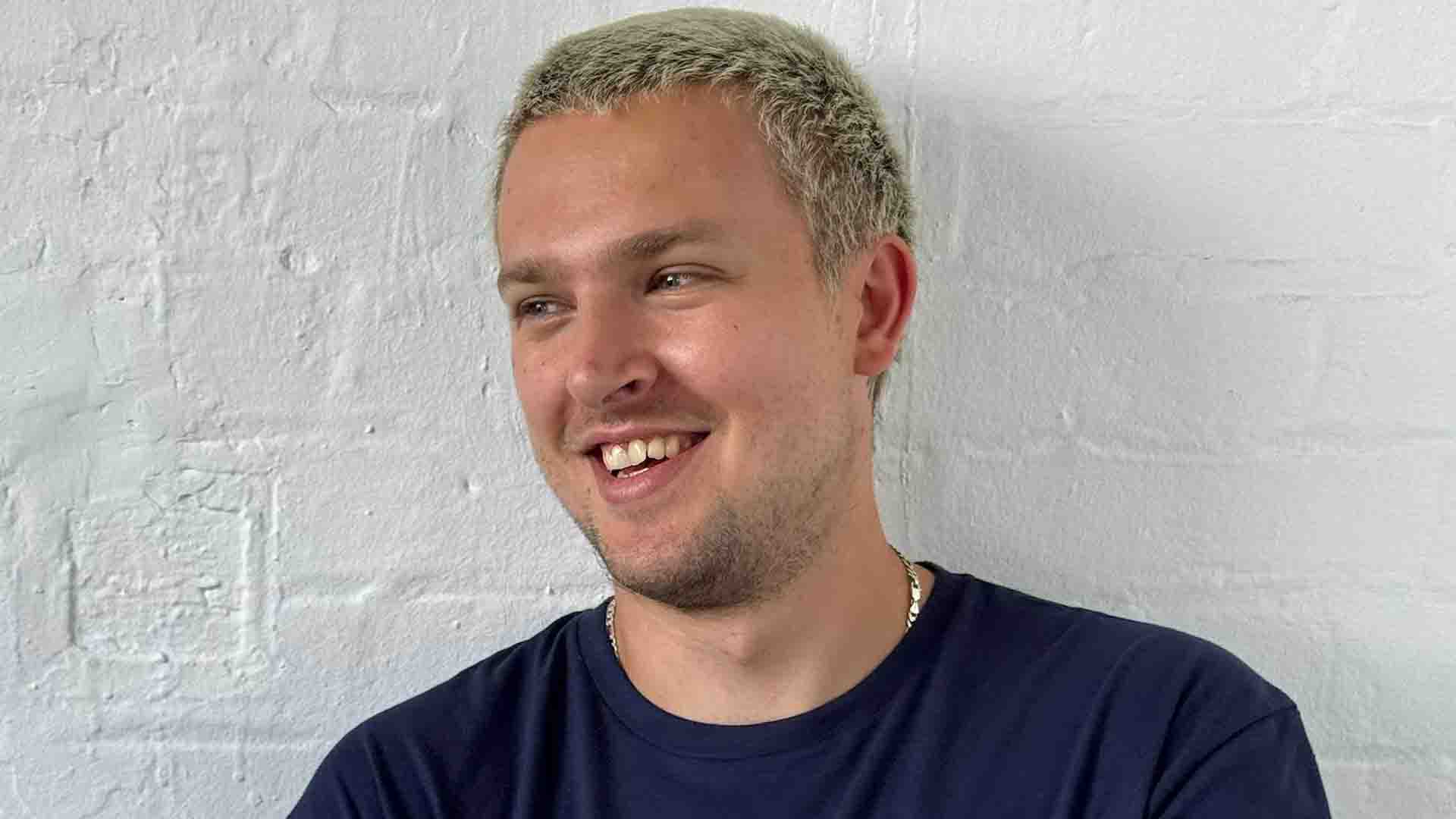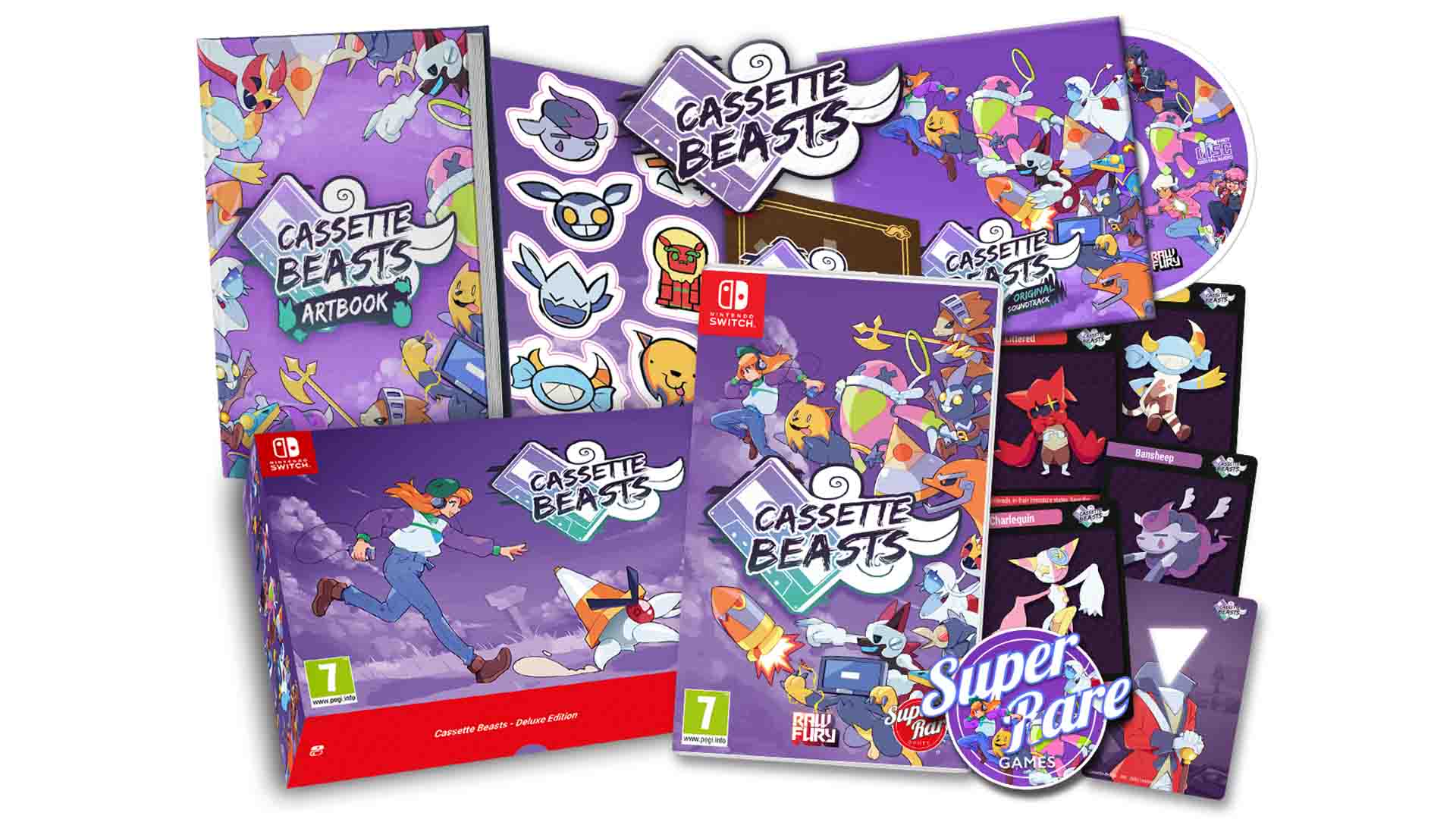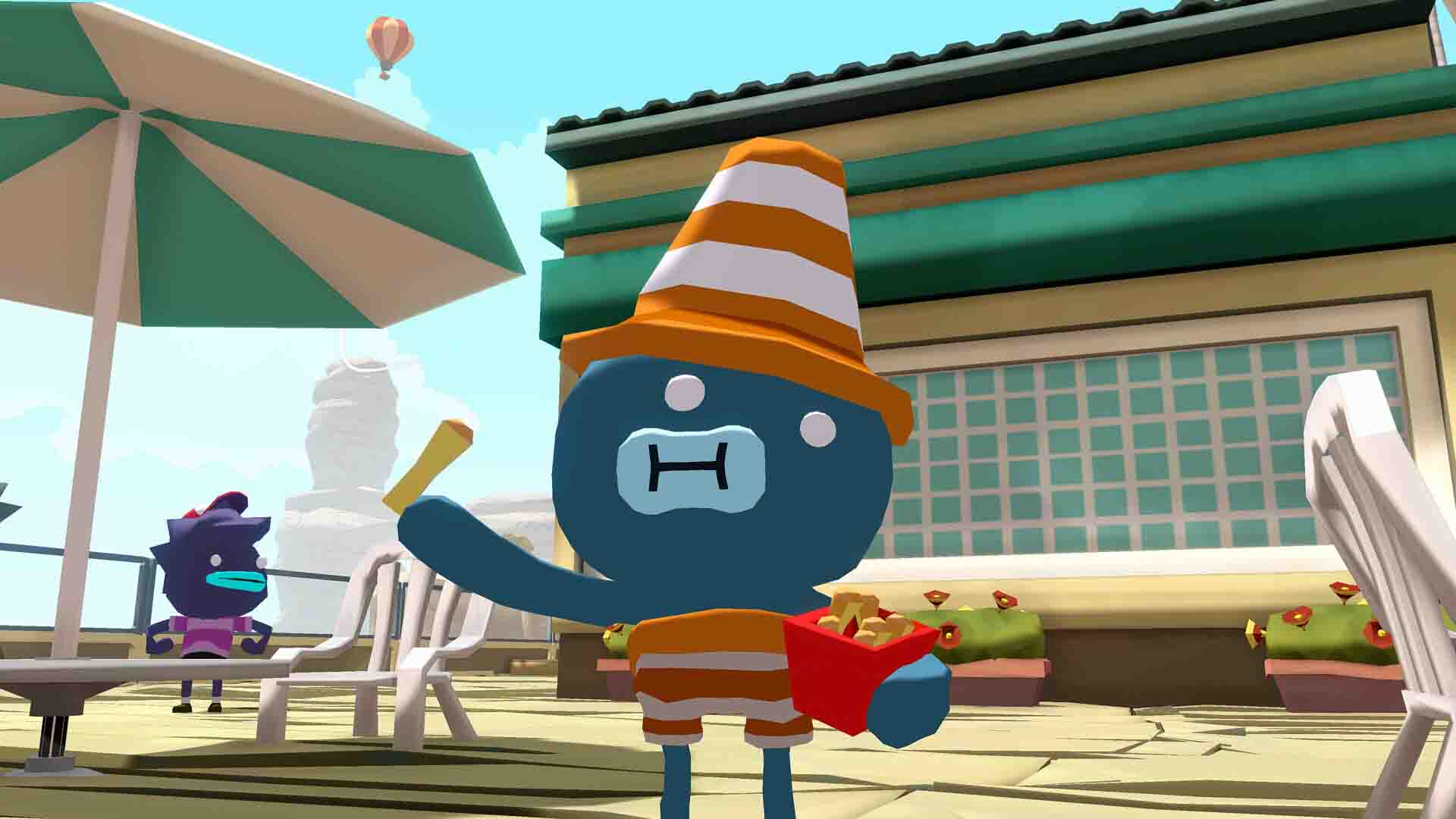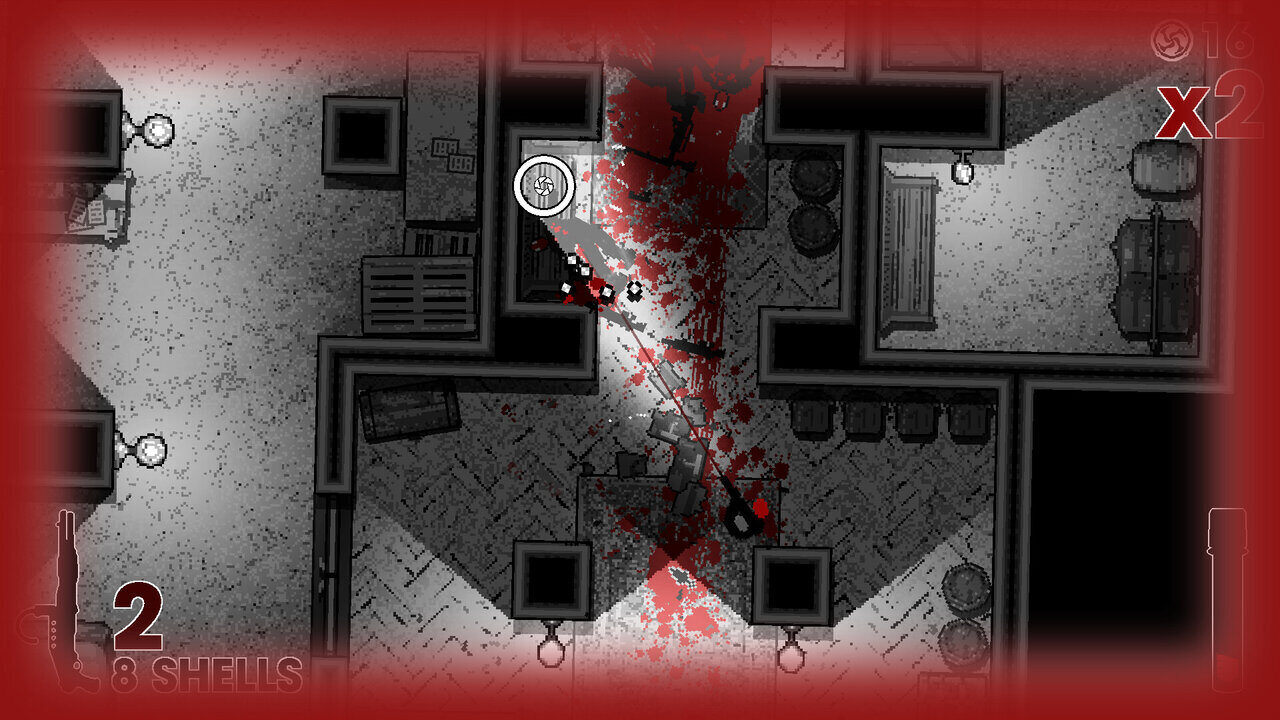Super Rare Games interview: “it’s always been about curating games which you have and haven’t heard of”
Physical games are always going to be a special thing to a lot of people, and Super Rare Games is at the forefront of a renaissance in collecting. If you’re of a certain age and have ever had to clear out an attic of ZX Spectrum games, you’ll know that feeling of spotting something you had almost forgotten, and the memory that’ll flood back is warm and lovely.
George Perkins is the “head of doing stuff” at Super Rare Games, and so we sat down to the chat to them about all manner of things. Before they made us feel very old referring to their dad’s favourite game, George explained just exactly what “head of doing stuff” at Super Rare Games means, and what the job entails.
What exactly does your job entail – head of doing stuff is a great title! What gets you out of bed in the morning, inspiration-wise?
I get this question a lot when I email people! For me, Super Rare Games has always been a company where we have never taken ourselves seriously. At the end of the day, we are indie game lovers, working with small teams of talented game developers, so being informal with what we do has always been very important for me. With that said, it doesn’t mean we aren’t professional, hard working and efficient in everything we do.
My job has evolved a lot over the years, but now it would be what you would typically call a CEO, however I have never particularly liked that title. I am responsible for the general direction of the company, as well as being in charge of the portfolio of games we work on. I handle pretty much all of the reachout and pitching process for all the titles we work on.

Why do you think physical games are so important, in today’s video game market?
I think there are two main reasons why they are important, the first being that being able to have a physical item of anything you love, with some cool extra items, will always be a special feeling. Where this is a video game or an album.
The other is preservation. The brutal reality of digital games is one day you won’t be able to download them anymore. Whether this is because a storefront goes down, or a licence expires. Being able to have a physical cartridge/CD etc, makes sure you can continue to play your favourite games, just make sure not to lose it down the back of your sofa.
How do you decide what goes into a special edition?
It’s a very iterative / collaborative process. The usual stages will be first the developer making a big list of all the items they would like to include and what they see as being the most iconic or important parts of the game. From there, we then whittle the list down to 3-6 things that feel the most memorable and start work on the release. Our goal is always to have things which the hardcore fans of a title would be excited to own.

How do you select the indie games you choose to publish physically?
Selfishly, it’s often games that I like! When people ask me what games I am playing, I just point them to our latest releases. What’s nice about our process is that I am always pitching to developers as a fan, which is always a fun experience. Over time, other factors have come into play, for example releasing titles in genres I don’t generally gravitate towards. I am very easily scared, so often I avoid horror games. I always want to have a range of games that we work on, so I have put my bias to one side to ensure we are catering for every type of game! The nicest part of my role is that I am able to sign games which are important to team members but also my family. For example, my youngest brother adores Sally Face, so it was fun to sign that for him! The other title was Dungeon Defenders which my other brother has about 1000 hours in. My Dad’s favourite game was World of Goo on the Nintendo Wii, another release we got to work on!
A key thing to note is we don’t sign games based on how many copies that have sold on digital platforms. For me, it’s always been about curating games which you have and haven’t heard of. The best feeling is exposing someone to a game they haven’t heard of before, and them loving it!
Indie games are flourishing right now, does that make your job easier or harder?
We have quickly become fans and developers’ favourite company to work with on physical releases, so a flourishing development scene is great to make sure we are working on a diverse portfolio. While it’s never been easier to release a game as an independent studio, I think it’s important to stress there are a lot of hardships releasing / developing a game as an indie. Funding has largely dried up, and teams are often wearing multiple hats to ship a game. Going forwards, it is going to be an increasingly hard feat to have a smash hit as a small team.
Anything you can tell us about Super Rare’s plans for the future?
For me, it’s twofold: firstly, continuing to release an amazing selection of physical games, for the relevant platforms at the time. The other is to continue funding small developers to make their dream games. The bigger we become, the more teams we can help! I want us to become a place for indie developers to have support developing games!

Would you ever branch out into peripherals, or will you always stick to just games themselves?
For me, the thing I am most passionate about is preserving the games themselves. Whilst it’s great to have additional items around games / consoles, it’s a space I have less interest in on a personal level. I think if / when new consoles don’t allow for cartridges or discs, it will be a space we pivot to, but I don’t envision this being the case for the foreseeable.
Where would you like to see the future of physical releases?
As you mentioned before, there are certain age demographics more attracted to physical versions, often for nostalgic purposes. My hope is we can expose the new generation of gamers to the joy of owning your favourite games, and ensuring a demand for these sorts of things going forwards.
Do you have a prized physical possession, game-wise, yourself?
Trying as hard as I can to remove my bias, it’s my collector’s edition of A Short Hike. I adore that game and love the developer behind it, and the impact it’s had on indie developers. I have lost count of the amount of teams inspired by the game.
The collector’s edition we made of it was our best work to date, and two years of hard work, so it’s a special release for me in multiple ways. If I wasn’t being biased, probably my collection of Ratchet and Clank games.

Do you ever have ideas that are just too far fetched for a collector’s edition? (Thinking things like the old Resident Evil chainsaw edition)
Definitely, we always have ideas which just aren’t logistically suitable for what we do. Things like statues and figurines for collector’s editions generally require a large production run, usually in the thousands, which is a much higher volume for the demand. We’d have to charge a higher price point which would make these editions inaccessible to the fans.
Another issue we run into is exporting / importing laws. For example we wanted to create seeds you could plant in your garden for our release of The Gardens Between, something which often isn’t allowed. In a similar vein, we have wanted to create scratch and sniff cards, but ran into similar problems.
The last one is that often certain types of cover art wouldn’t be allowed by platform holders, for understandable reasons! A game that jumps to mind is Freedom Finger, I will let you deduce the ideas we had for that one. 😉
While not exclusively platform games, Super Rare definitely seems to like them: Grapple Dogs, Tiny Terry, Cavern of Dreams. Is there a theme we’re spotting?
Yep! Similar to the question on our physical release process, there are certain genres which I love, and in this case it’s very nostalgia driven. All the games you listed remind me of a Saturday morning as a child when my parents would have been asleep and couldn’t tell me off for playing games too much! The other genre / theme of game which I gravitate towards are incredibly hard, twitchy games, such as POST VOID and OTXO that we also worked on!
Thanks to George for for taking the time to answer our questions.





